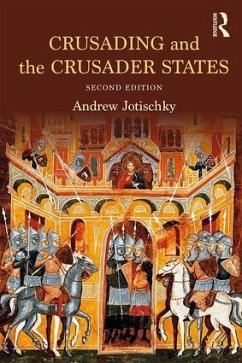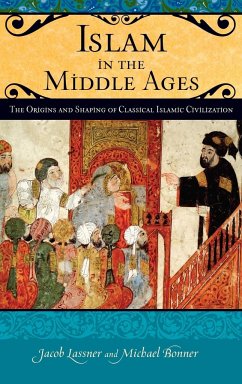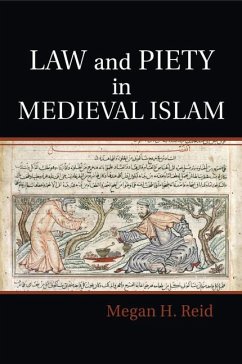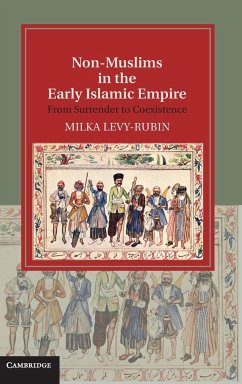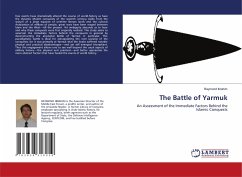
The Battle of Yarmuk
An Assessment of the Immediate Factors Behind the Islamic Conquests
Versandkostenfrei!
Versandfertig in 6-10 Tagen
32,99 €
inkl. MwSt.

PAYBACK Punkte
16 °P sammeln!
Few events have dramatically altered the course of world-history as have the dynamic Muslim conquests of the seventh century. Aside from the seizure of a large expanse of onetime Roman lands and the cultural Arabization of millions of people, great wars have been waged between Islam and the West--till the present. Yet ambiguity abounds as to how and why these conquests were first originally realized. This study seeks to ascertain the immediate factors behind the conquests in general by deconstructing the all-pivotal Battle of Yarmuk in particular. This paradigmatic battle is ideal for extrapol...
Few events have dramatically altered the course of world-history as have the dynamic Muslim conquests of the seventh century. Aside from the seizure of a large expanse of onetime Roman lands and the cultural Arabization of millions of people, great wars have been waged between Islam and the West--till the present. Yet ambiguity abounds as to how and why these conquests were first originally realized. This study seeks to ascertain the immediate factors behind the conquests in general by deconstructing the all-pivotal Battle of Yarmuk in particular. This paradigmatic battle is ideal for extrapolating the root cause(s) of the conquests; for it was primarily at Yarmuk that the Arabs suffered notable physical and practical disadvantages--and yet still emerged triumphant. Thus this engagement allows one to see well beyond the usual aspects of military history--the physical and practical--and better appreciate the more abstract factors that have fueled the events of world history.







